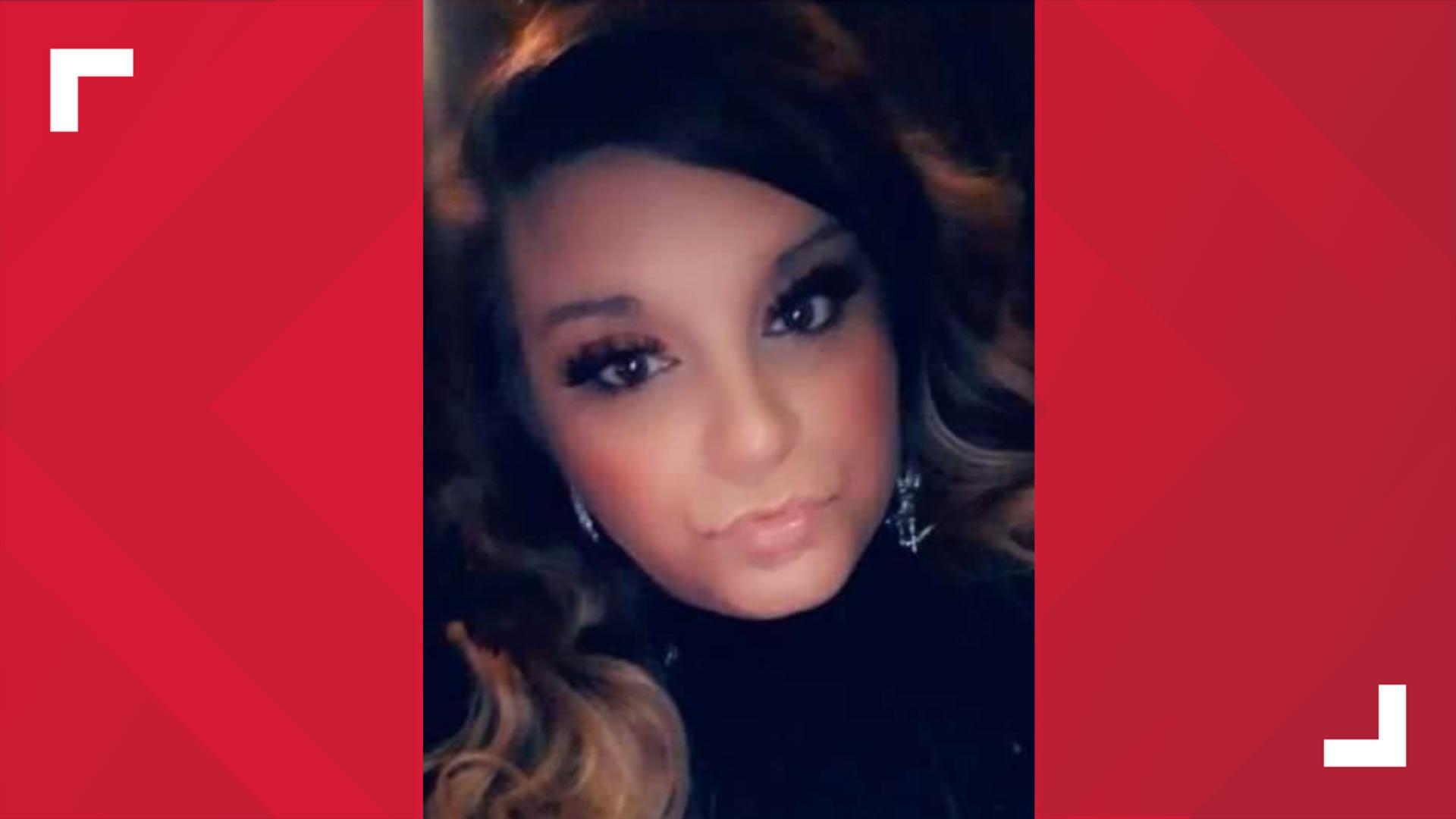ANN ARBOR, Mich. - Jennifer Gratz, a well-known crusader against the use of affirmative action in college admissions, says a list of demands released this week by a group of black students at the University of Michigan is unconstitutional.
Gratz's comments echoed even harsher criticisms unleashed on social media against the Black Student Union. The backlash came after the group demanded Monday that the university enroll more black students and make other changes at the Ann Arbor school.
The Black Student Union says the requests are aimed at making black students feel more empowered and welcome on campus.
But they've also sparked controversy.
"They want special treatment and separate treatment based on their race," Gratz told the Free Press. "That's something that the civil rights movement has fought against for decades."
The students' demands come as diversity at the school has been in the spotlight over the last several months. Enrollment of black students has been declining, and school officials recently announced steps to boost diversity and increase black enrollment.
Members of the BSU announced seven demands Monday outside a Dr. Martin Luther King Jr. Day event at Hill Auditorium. They include an increased budget for the group, the renovation and relocation of a multicultural center and emergency scholarships for black students.
An online video of the event shows one student saying "physical actions" will be taken if the university does not respond within seven days.
"I don't think the university should engage with groups that threaten and put superficial deadlines on activity and ask the university to take unconstitutional action," Gratz said.
Geralyn Gaines, the secretary for the BSU, said Tuesday that any activism the students engage in will be non-violent. She said students are hoping to have discussions with university leaders in the coming days.
University officials do plan to meet with students, said Rick Fitzgerald, spokesman for the university. A meeting has not yet been scheduled.
Gaines, a junior, said alumni and other people have responded positively through e-mail. But the majority of feedback online has been negative, she said, with some critics using the terms "racists," "terrorists" and "buffoons."
"Our e-mail system has been blowing up all day with positivity," she said. "But comments on the Internet (in response to news stories), probably 97% of them are negative, and they're not from students of color. They're mostly white students making comments. It's disheartening. It's disappointing. It's sad."
Gaines described the racial climate on campus as "just not good." She pointed to an incident this past fall in which a mostly white fraternity at the school landed in hot water over party advertisements that used derogatory words for women and stereotyped blacks.
In November, students launched a Twitter campaign to raise concerns about race and diversity using the hashtag "BBUM," which stands for Being Black at the University of Michigan.
The students' requests will benefit the entire campus, Gaines said, citing an increase in black student enrollment as an example.
"To be educated on different cultures, it just makes you a better person," she said.
More than a decade ago, Gratz successfully fought against the use of an affirmative action point system in the undergraduate admissions process at the school.
Gratz, who was denied admission to U-M as a high school senior, and others sued over the admissions policies. In 2003, the U.S. Supreme Court upheld the U-M Law School's use of race as a consideration in admissions, as long as there were no quotas. However, it threw out the undergraduate admissions system that awarded extra points to African-American, Hispanic and American Indian students.
Gratz was also one of the organizers behind the Michigan Civil Rights Initiative, otherwise known as Proposal 2, the 2006 voter-approved ban on the use of affirmative action in college admissions and state hiring.
The university has said black enrollment has declined since the change. Black students made up 4.6% of U-M's freshman class in 2012, down from about 6.7% in 2008, not including international students. It was 4.1% in fall 2013.
Later this year, the U.S. Supreme Court is expected to rule on whether the voter-approved ban should stand.


